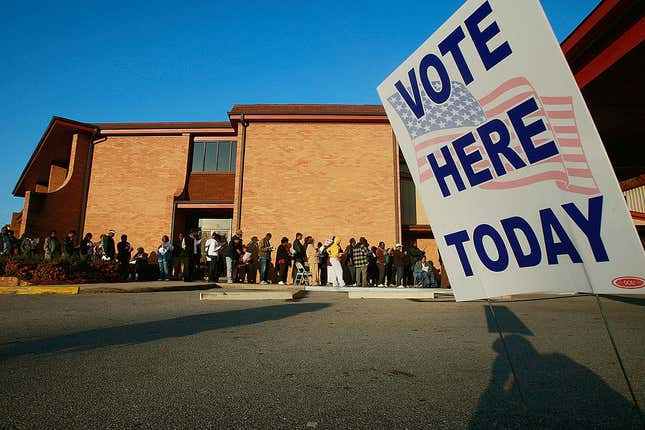
Rights African-Americans Are in Jeopardy of Losing
As the midterms and a new Supreme Court term come this fall, Black people could lose out on a wide variety of rights.

Voting Rights
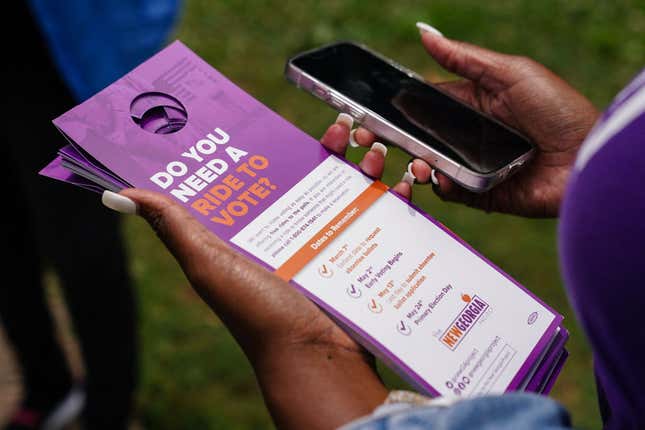
Over 19 states have passed some voting restrictions since the end of 2021 – specifically in Republican-led states such as Florida, Texas, and Georgia. These measures were a reaction to the record Black voter turnout in 2020, which helped tipped the presidency to the Biden administration and handed Democrats control of the Senate with the special election in Georgia. If Republicans regain control of the House in November and the Senate and presidency in 2024, limits on polling places in Black neighborhoods and ballot boxes can grow exponentially.
Abortion Rights
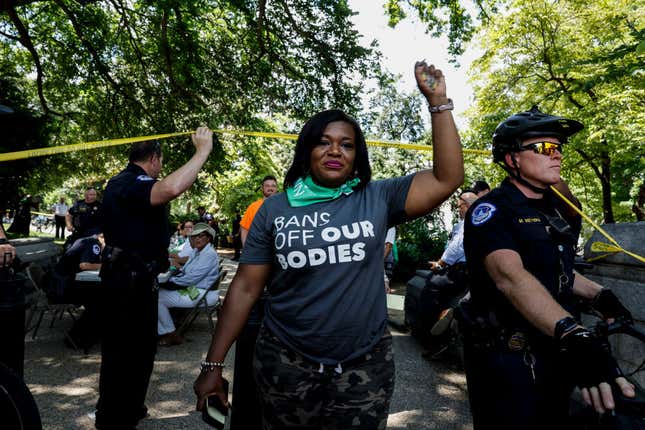
The Supreme Court’s decision to overturn Roe v. Wade has thrown abortion access into disarray. Thirteen states had “trigger laws” ready to go as soon as the conservative-heavy court threw the burden back into the states. If Republicans regain control of both houses and the presidency, they’ve already hinted at passing a national abortion ban. Black people already struggle with the inadequacies of the American health care system, but abortion access restrictions will kill more Black women seeking care.
Black History Teachings In Schools
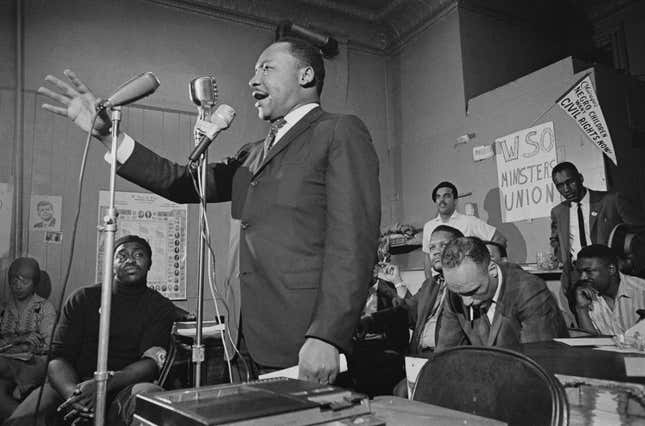
Thirty-five states in the U.S. have either passed or attempted anti-Critical Race Theory laws, which affect how teachers speak about Black history in the classroom and what books can be in libraries. In some places like Florida, the Stop Woke Act has only been blocked in employment cases. Not only will Republicans regaining control dilute Black history teachers in a bare-bones manner, but it could also wholly drive teachers out of the profession.
Affirmative Action
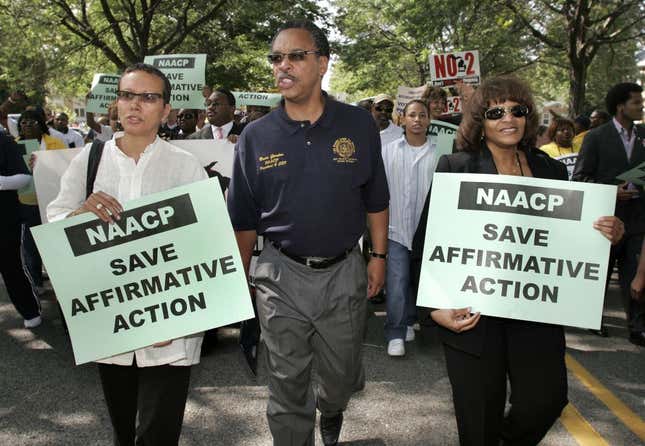
The Supreme Court will hear two cases involving Harvard University and the University of North Carolina regarding affirmative action practices, which benefit people of color in admissions. If the Supreme Court elects to overturn these policies, who is to say it will stop there? If it stops in-school admission, companies will most likely stop their initiatives. (which are still not great.)
Marriage Equality
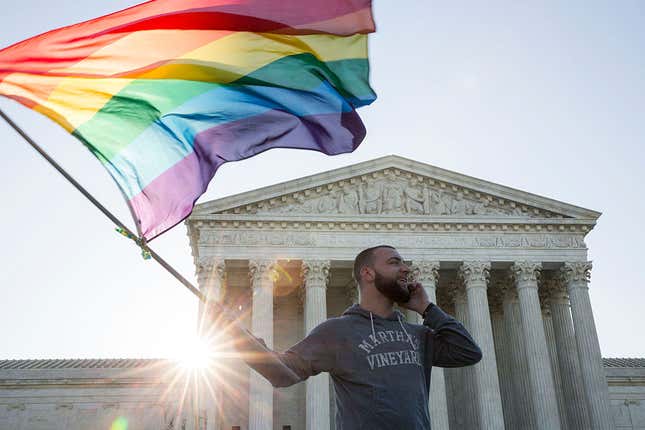
In this concurring opinion, Justice Clarence Thomas suggested the court relook into three other cases that set precedents. One of which is Obergefell v. Hodges (2015), which established a constitutional right to same-sex marriage. If Democrats lose control, the likely counter of them passing protections through Congress goes out the window. If the Supreme Court overturns this case, you could have a situation as we see with abortion access. Gay marriage and unions may be illegal in some places and acknowledged in others.

